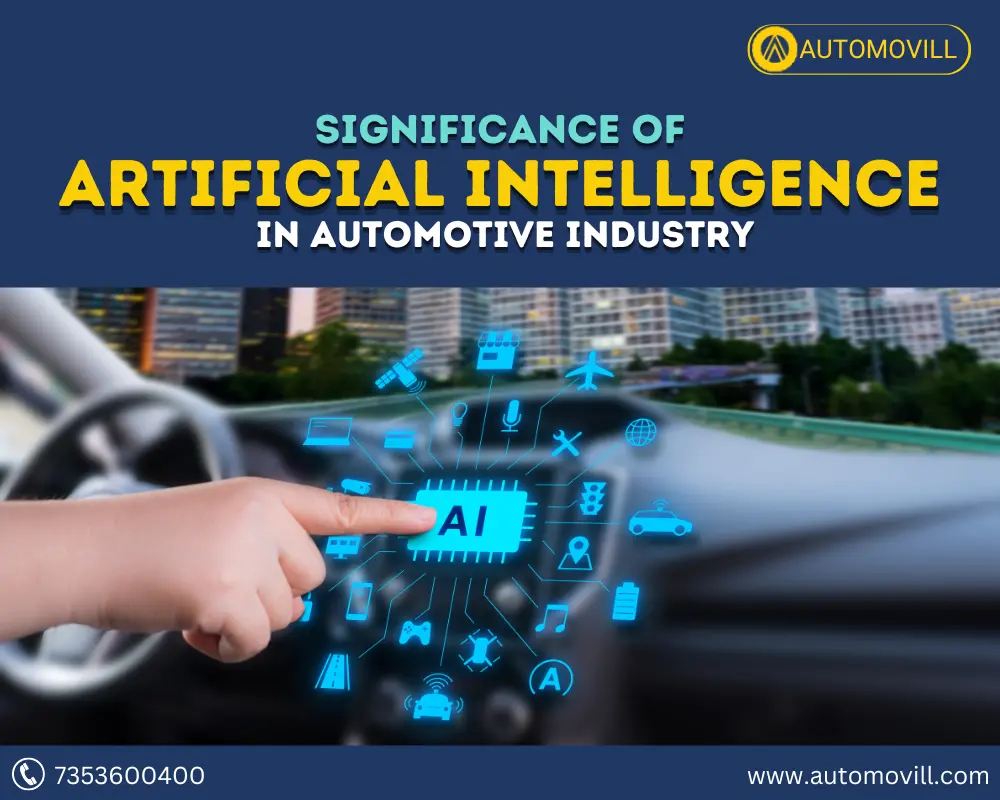
The automotive industry is constantly evolving and one of the major driving forces behind this evolution is artificial intelligence (AI). AI has the potential to revolutionize the way cars are designed, manufactured, and used, and it is already being integrated into various aspects of the automotive industry.
One of the most significant ways that AI is being used in the automotive industry is in the development of autonomous vehicles. These vehicles are equipped with advanced sensors, algorithms, and machine-learning capabilities that allow them to navigate roads, make decisions, and react to changing environments without human input. With AI, autonomous vehicles can avoid collisions, find the fastest route to a destination, and even adapt to new traffic patterns.
Applications of AI in the Automotive Industry
1) Self-driving Cars
One of the main applications of AI in the automotive industry is the development of self-driving cars. These vehicles use advanced algorithms and sensors to navigate roads and traffic without the need for human intervention. For example, Google’s Waymo self-driving car uses AI to make driving decisions based on its surroundings. This technology has the potential to significantly reduce traffic accidents and fatalities, making roads safer for everyone.
2) ADAS
Another application of AI in the automotive industry is in the development of advanced driver assistance systems (ADAS). These systems use AI to provide drivers with assistance in areas such as lane-keeping, adaptive cruise control, and blind-spot monitoring. For example, Tesla’s Autopilot system uses AI to help drivers stay in their lanes and maintain a safe distance from other vehicles on the road. This technology can help prevent accidents and improve overall driving safety.
3) Vehicle Safety
AI is also being used to improve vehicle safety. Through the use of predictive algorithms, AI can help identify potential hazards on the road and alert drivers to take evasive action. AI can also be used to monitor vehicle systems and alert drivers to potential problems before they occur.
4) Reducing Carbon Emission
In addition to improving safety, AI can also help reduce emissions in the automotive industry. For example, AI algorithms can be used to optimize fuel consumption and reduce carbon emissions. This can be achieved by optimizing vehicle routes and traffic flow, reducing unnecessary engine idling, and implementing smart charging for electric vehicles.
5) Manufacturing
In addition, AI is being used to improve the manufacturing process in the automotive industry. By leveraging AI and machine learning, manufacturers can reduce waste, improve efficiency, and optimize the production process. This can result in cost savings and increased productivity for manufacturers.
Overall, the integration of AI into the automotive industry is paving the way for a new era of intelligent, safe, and efficient vehicles. As technology continues to advance, we can expect to see even more innovative and exciting developments in the automotive industry.
